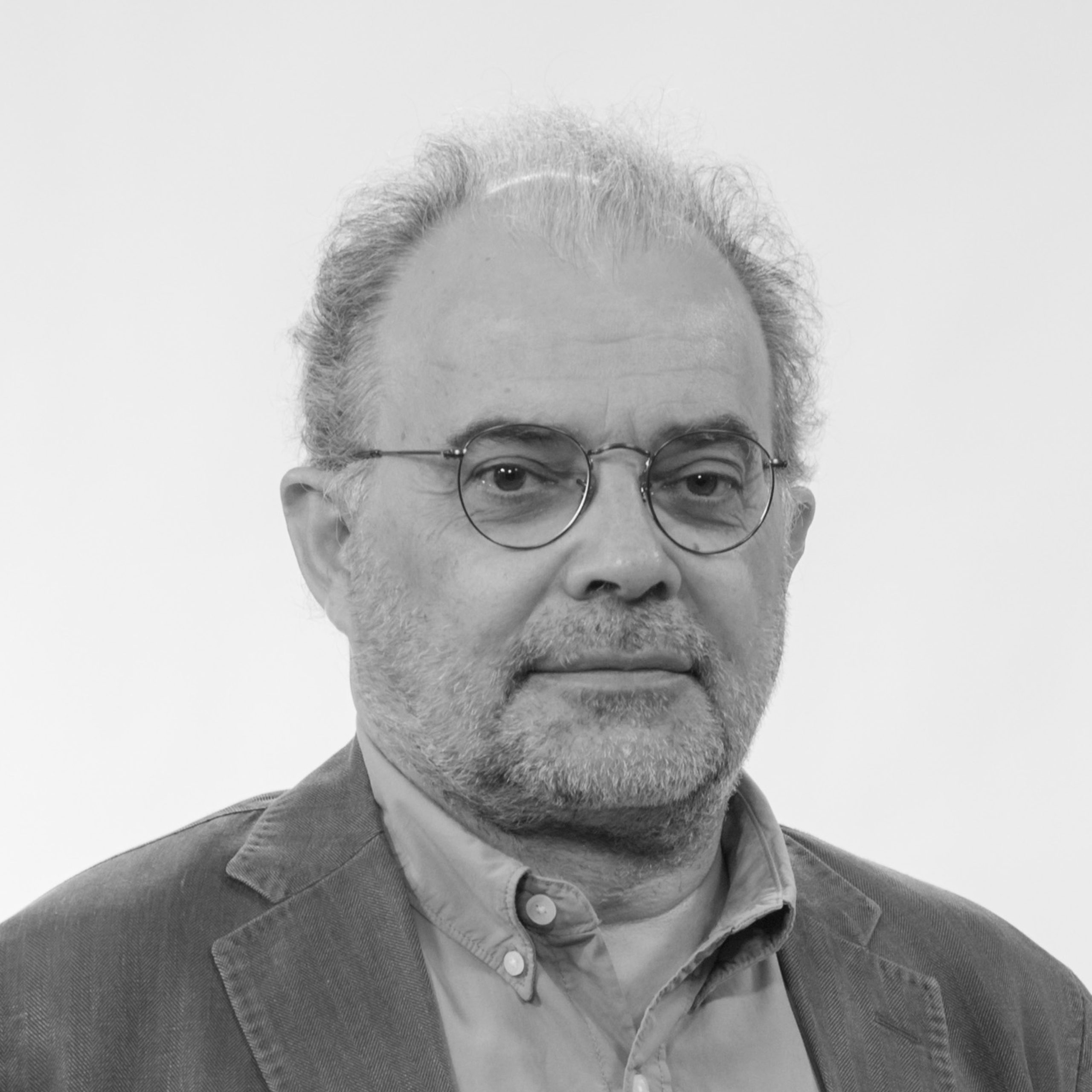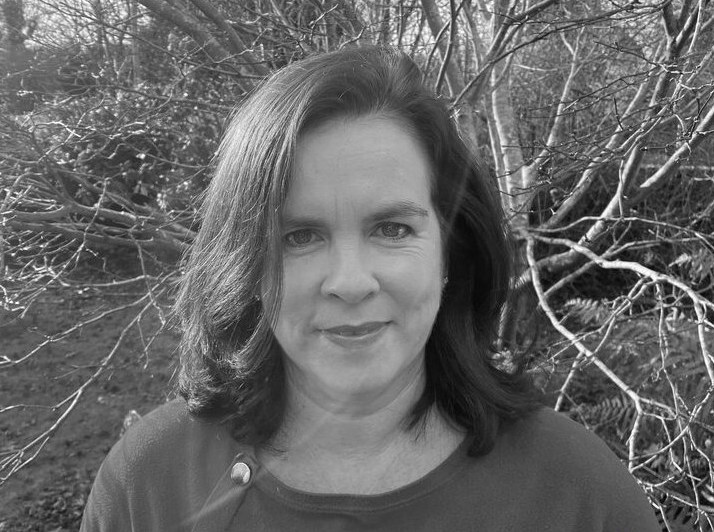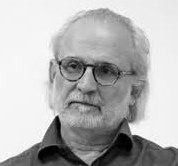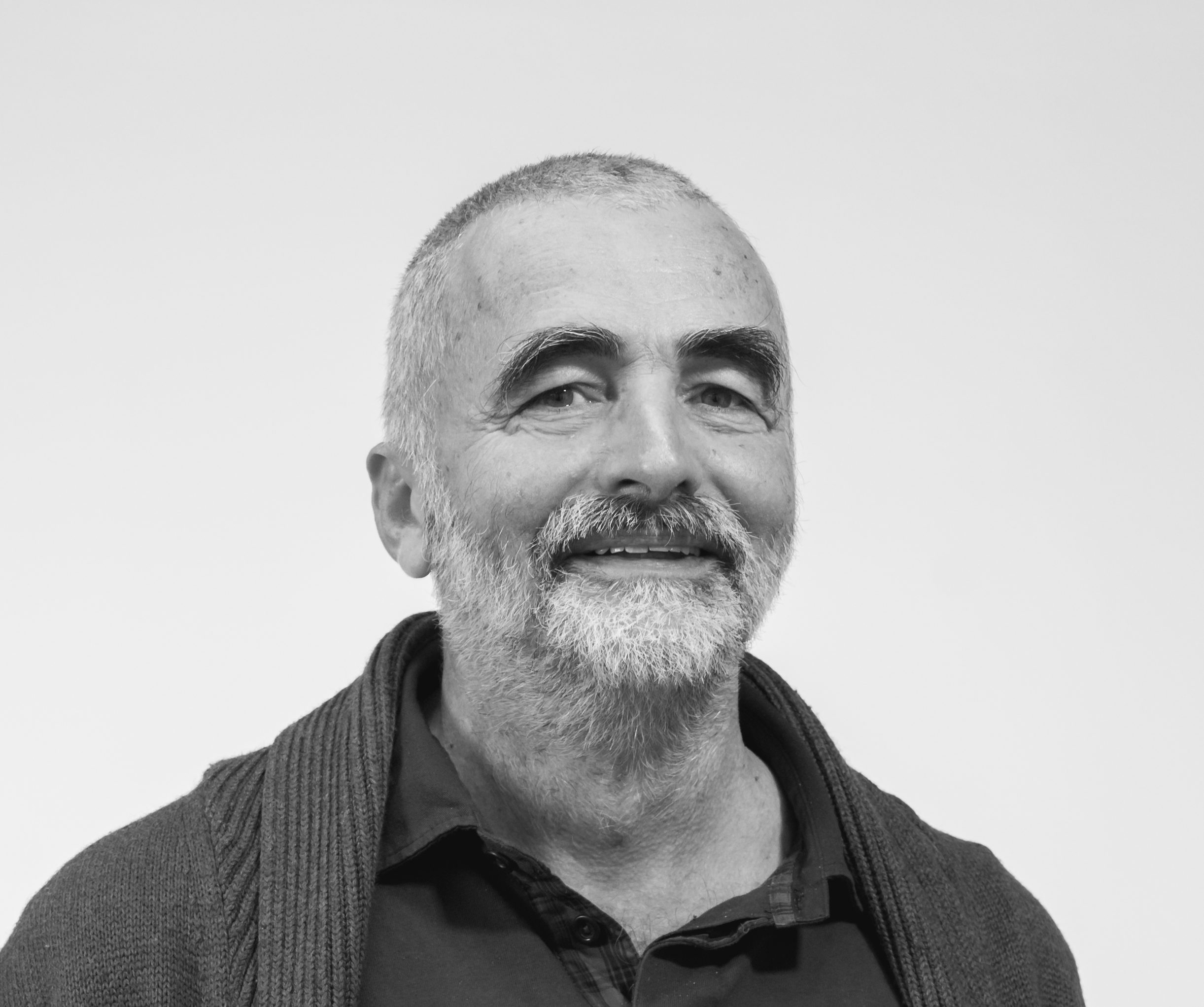Teresa Araújo is Professor at the School of Social Sciences and Humanities of the NOVA University of Lisbon, where she received her PhD in Romance Literatures (2000). She has also taught several courses at Lumière-Lyon 2, Carlos III, Agostinho Neto, Salamanca and Oviedo universities, among others. She dedicates her teaching and research activity to Portuguese literature of the 17th and 18th centuries, but focuses mostly on the study of the ancient and modern romanceiro in Portugal from a pan-Hispanic perspective, as well as of theatre and fables. Among her most recent publications, there are “Silvestre ou jogo da (in)subordição entre cinema & etnografia” (BLO, 2022) and the introductory study to the Floresta de varios romances sacados de las historias antiguas de los hechos famosos de los doze Pares de Francia. En Valencia, 1642 (México, 2019). From her experience in scientific coordination, it currently stands out the coordination of the Research Project supported by the Calouste Gulbenkian Foundation and the Foundation for Science and Technology Literary revisions: the creative application of ancient ballads (15th-18th centuries). [Scientific outputs]





